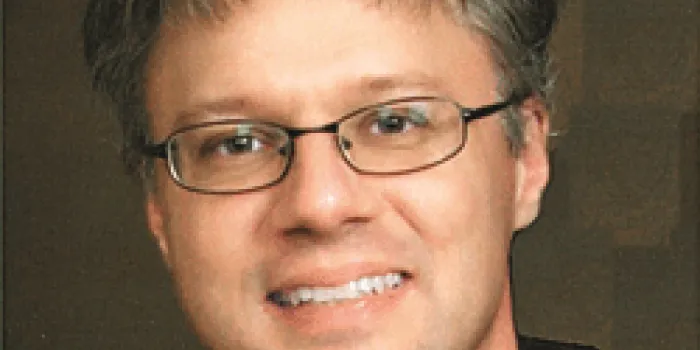Nearly two decades ago I joined a team of researchers, mostly comprising physician-scientists, to help develop a gene therapy for hemophilia at The Children’s Hospital of Philadelphia. Those were exciting times, and we had that sense of being pioneers in a new field that could pave the way for a lasting cure.
A genetically engineered virus was the vehicle of choice to introduce a factor IX (FIX) gene to patients with severe hemophilia B. Following gene therapy, the patients’ own cells would regain the capacity to produce functional FIX and thus restore the ability of the blood to clot, eliminating the need for frequent intravenous injections of factor product. After some ups and downs, it is gratifying to see that there are now several patients who are experiencing a lasting therapeutic effect and maintaining levels above 5% of normal after receiving such a gene therapy. Basic research in molecular genetics and virology paid off. It is making a difference for patients with hemophilia, keeping the promise of a cure alive.
As care for hemophilia changes through innovations based on molecular medicine, the need for education of medical providers substantially increases. By partnering with Medscape and establishing widely accessible educational tools such as Clinical Advances in Hemophilia, the National Hemophilia Foundation (NHF) is laying the foundation to meet these rapidly growing challenges. The problem is that about 40% of hemophilia patients cannot access a hemophilia treatment center (HTC), since it’s outside their health insurance network. Receiving care from non-hemophilia specialists—such as family physicians, internists and pediatricians—could lead to inadequate treatment. That’s why the Medscape and NHF partnership is so important. This online resource brings non-HTC clinicians up to speed on basic care. Clinicians can access panel discussions and presentations from prominent HTC experts at their convenience. And it’s proven successful. So far, more than 60,000 clinicians have accessed the timely content, which translates into improved patient care.
This combination of continuing research and easy-to-access education can help spread the word about new therapies and improve the care for people with hemophilia and other bleeding disorders.
Roland W. Herzog, PhD, is Professor of Pediatrics and University of Florida Research Foundation Professor, Division of Cellular and Molecular Therapy, University of Florida, Gainesville.

